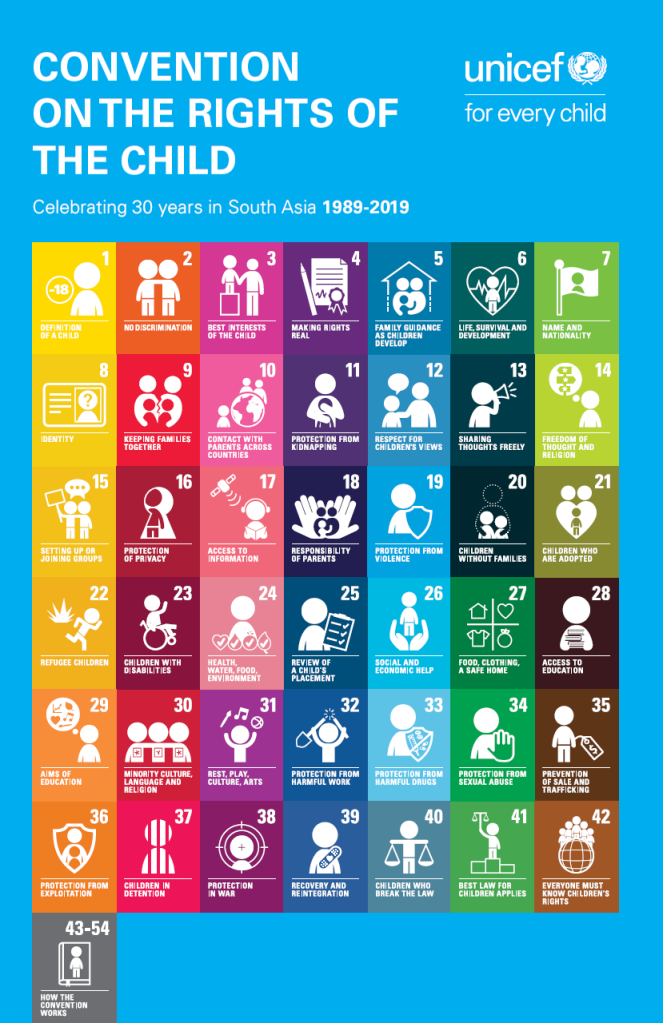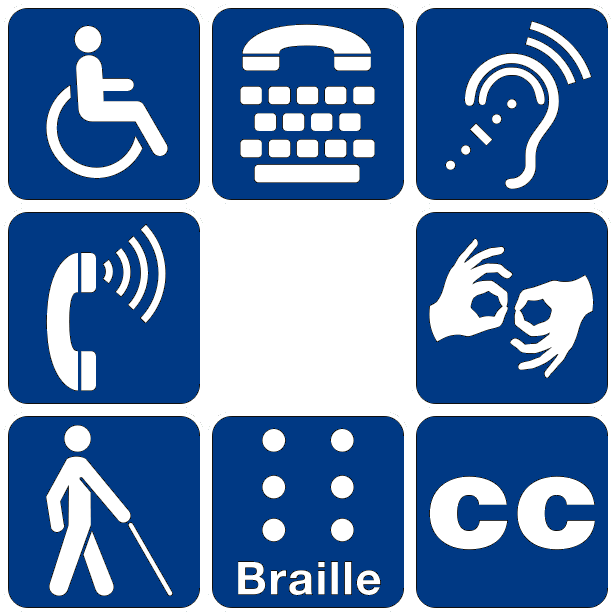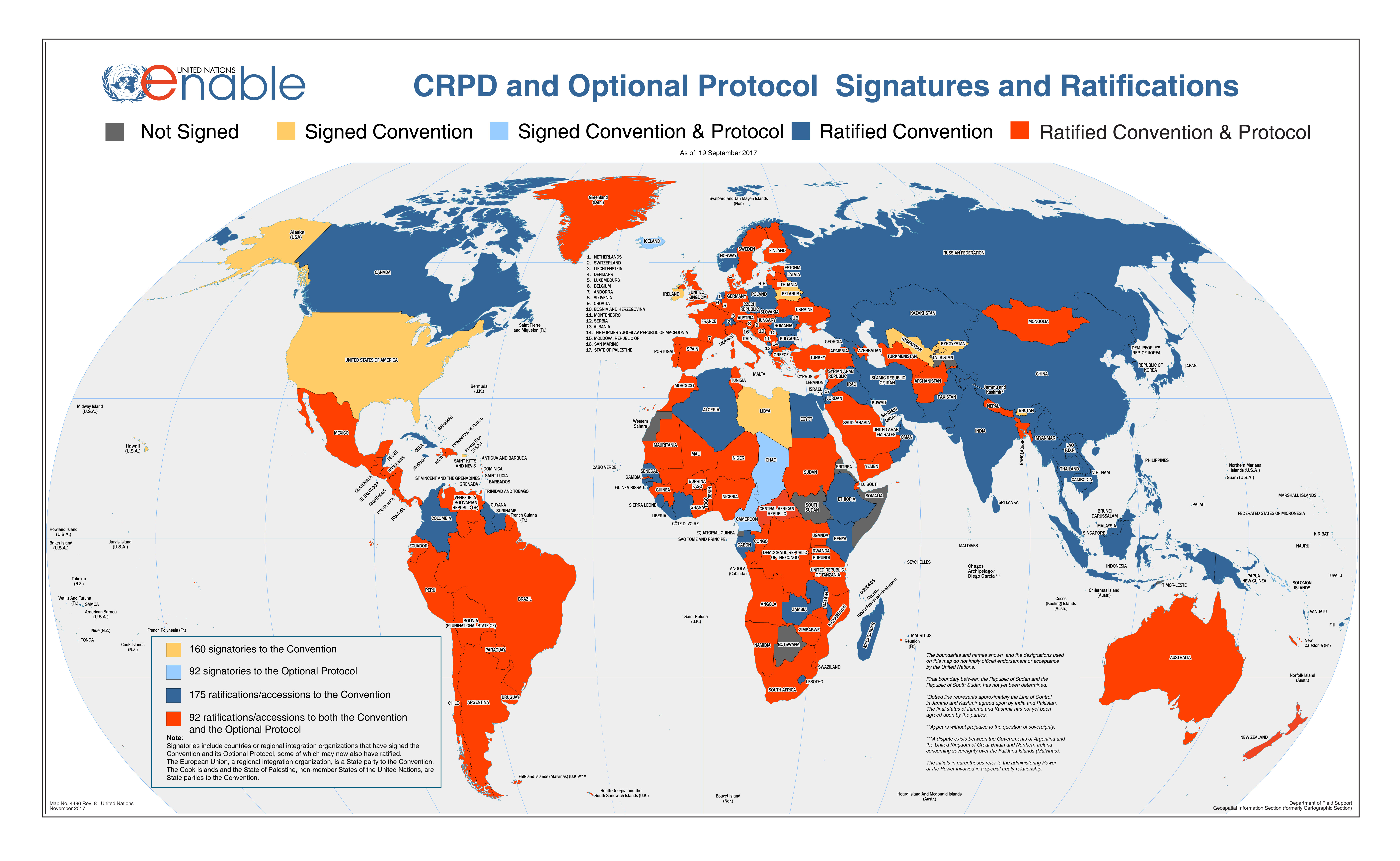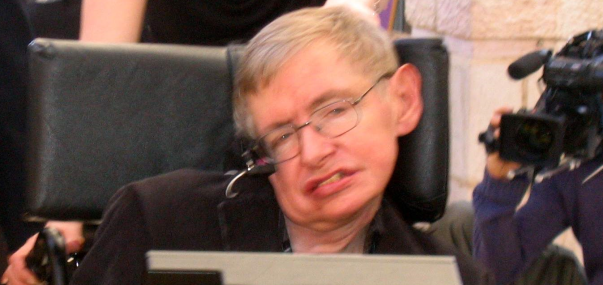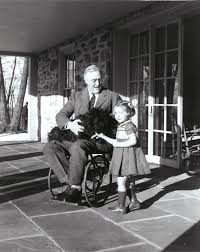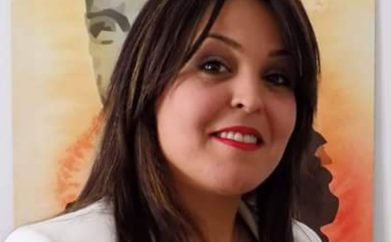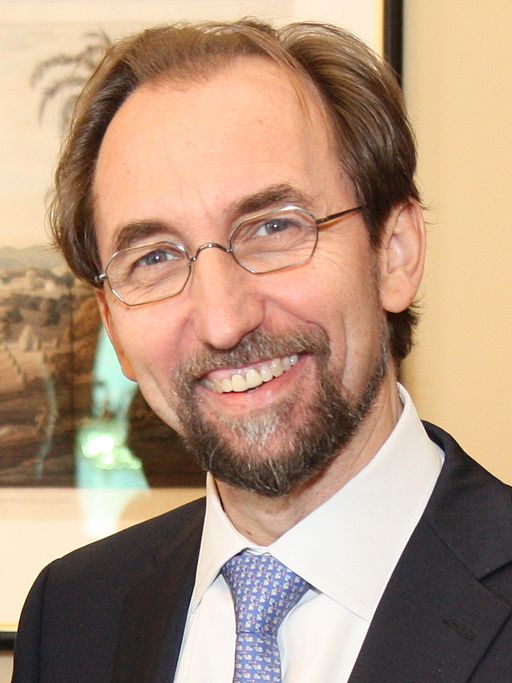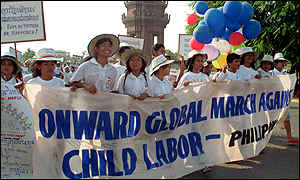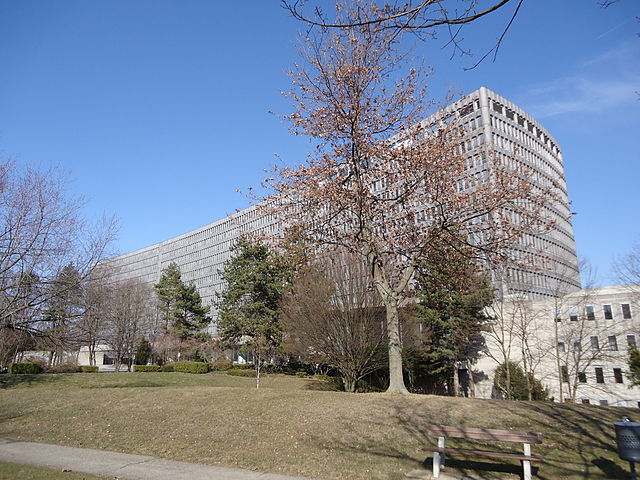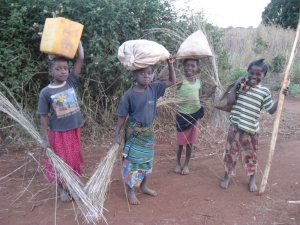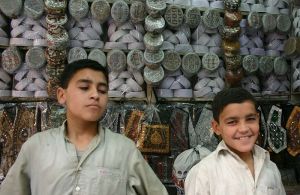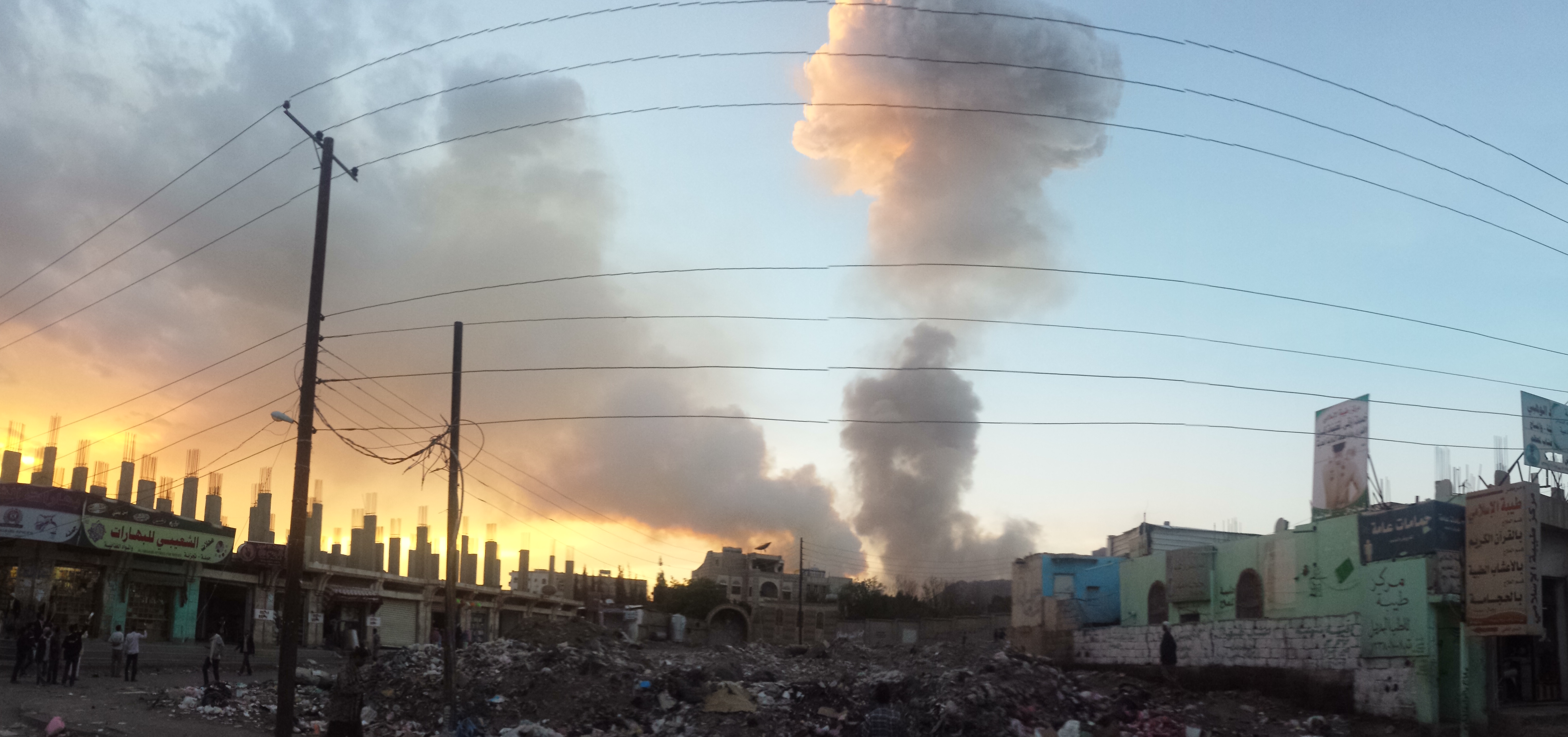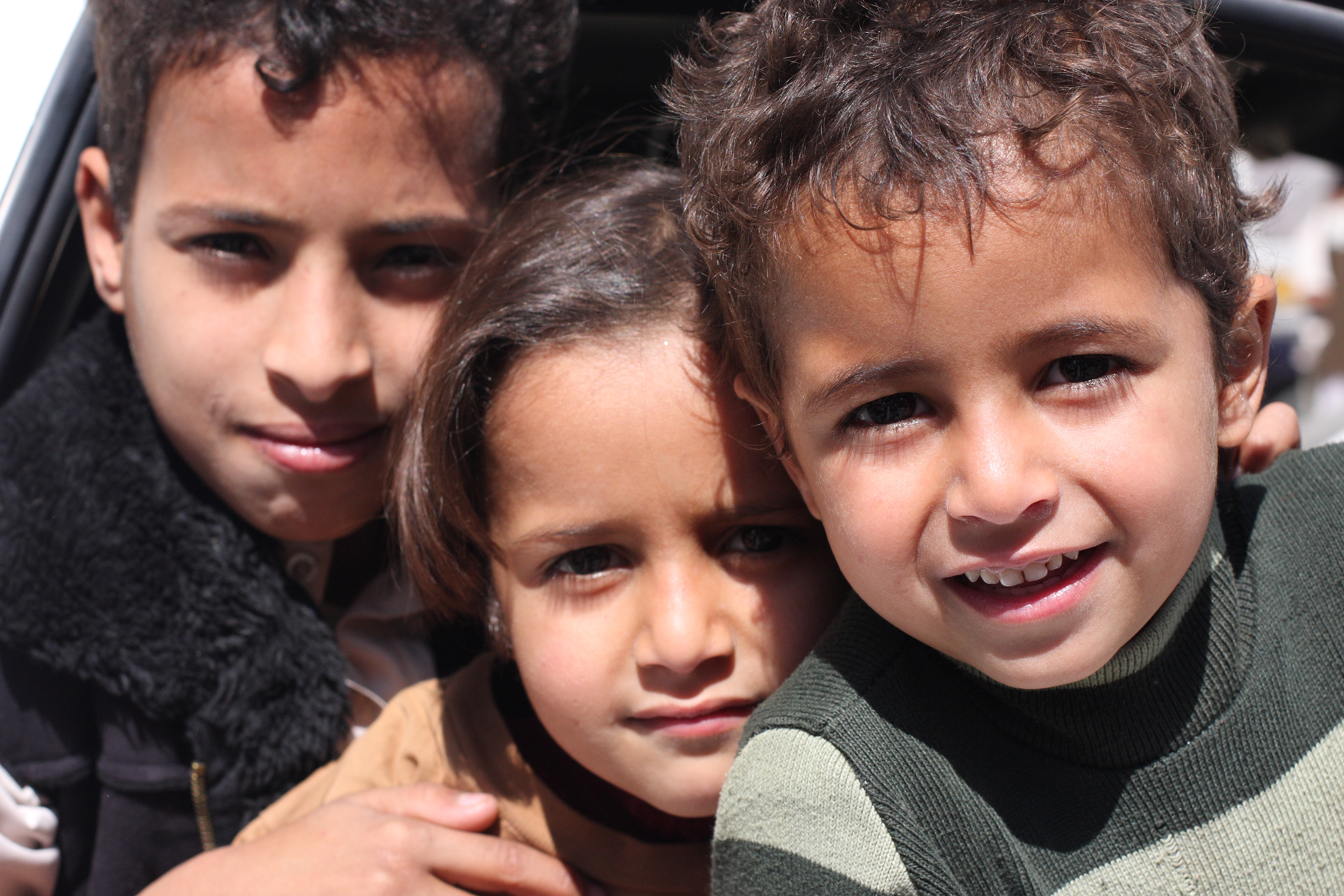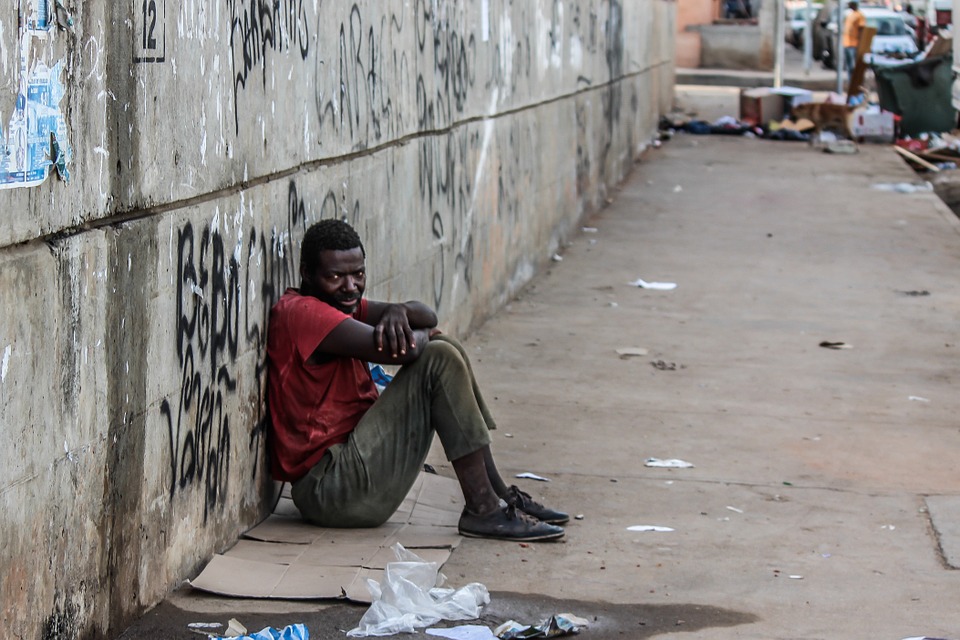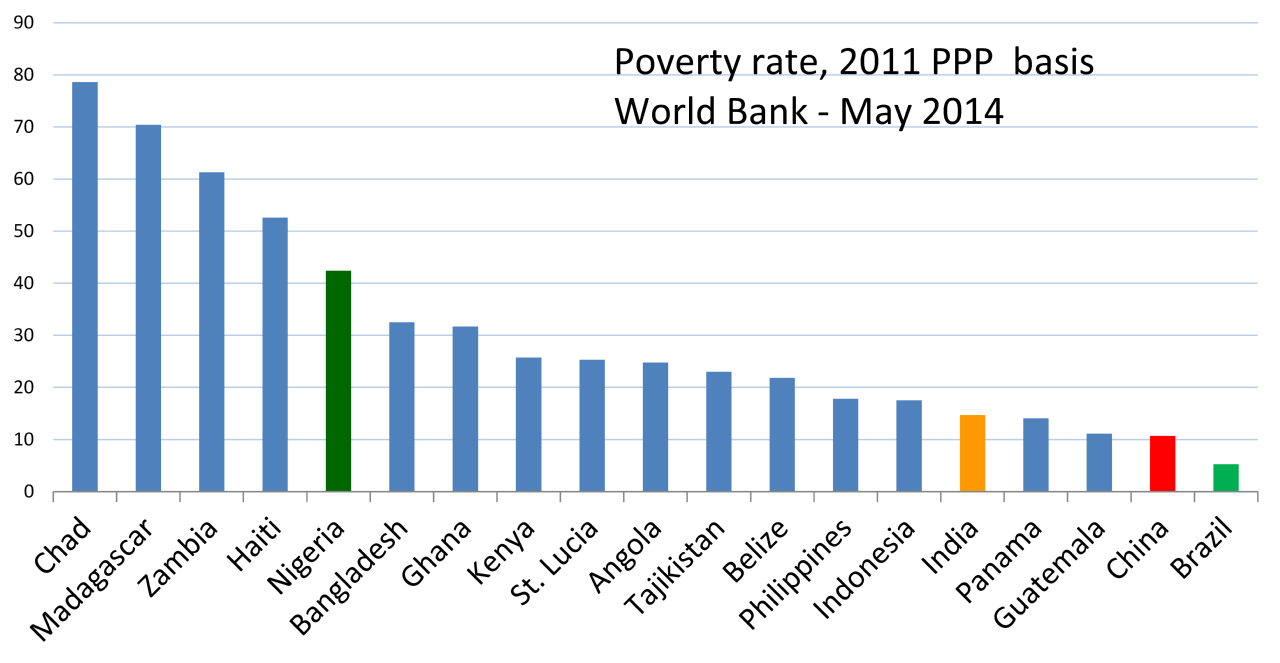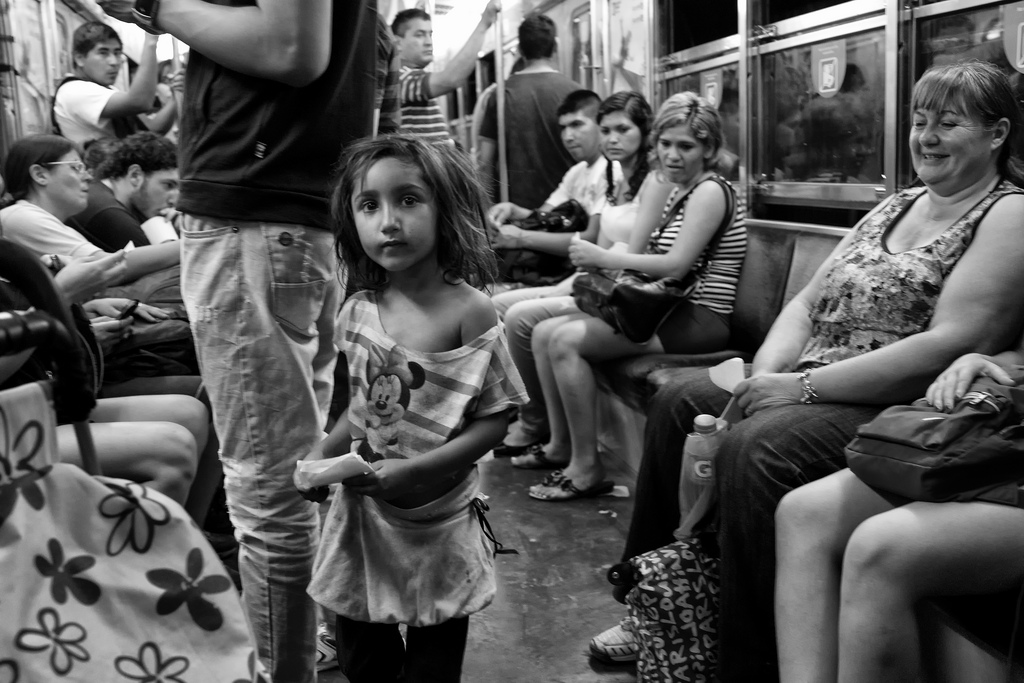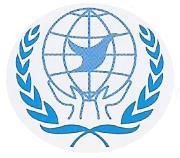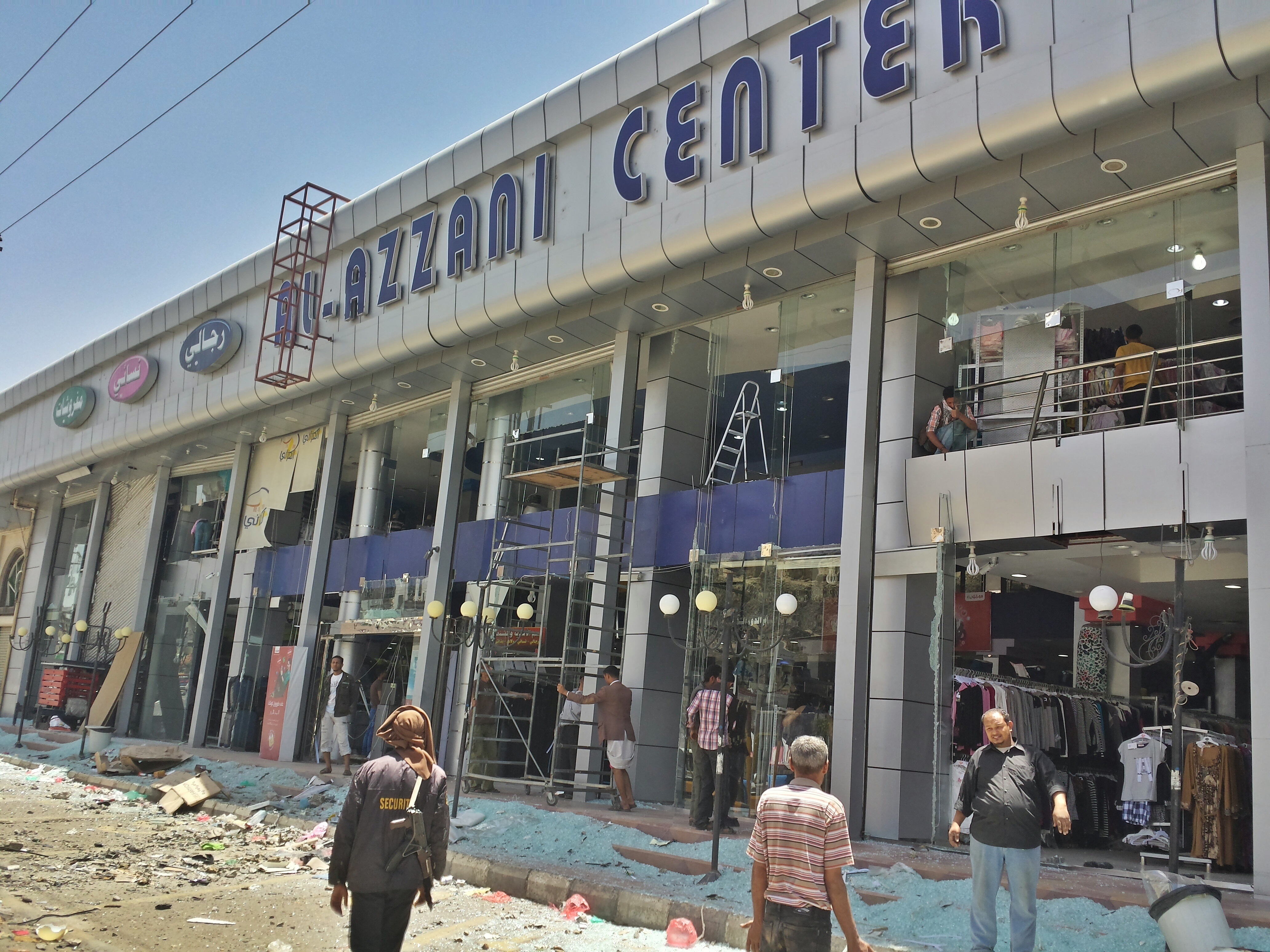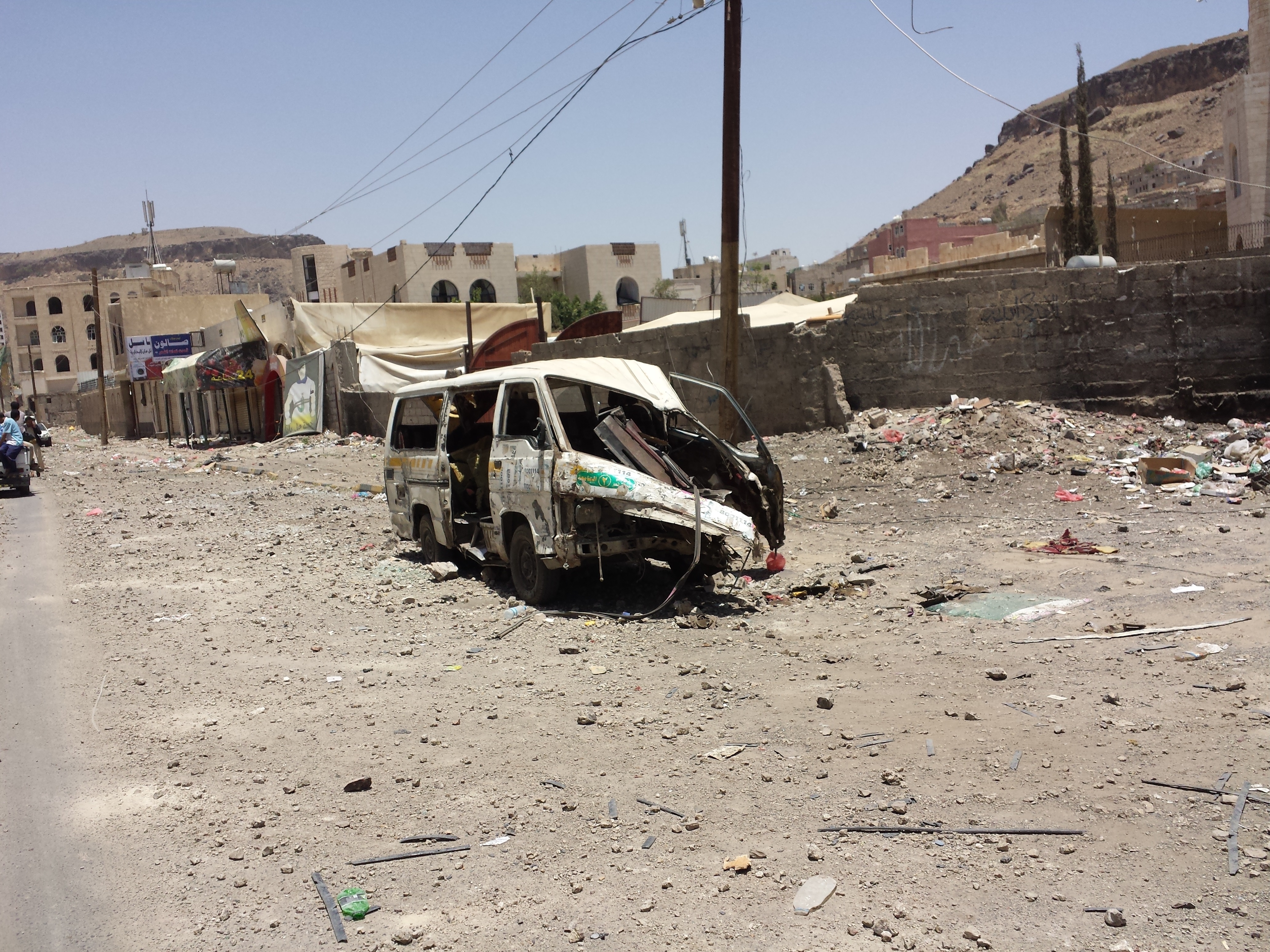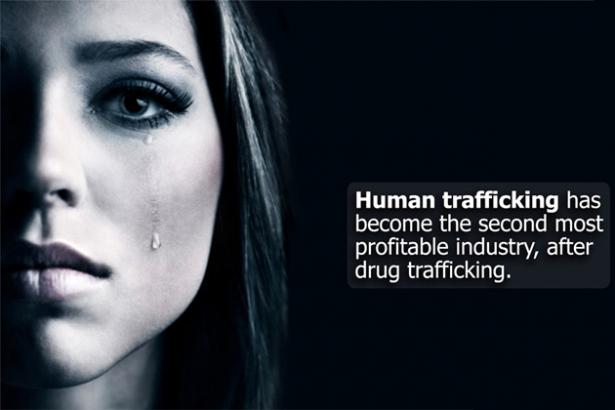By René Wadlow
When the Convention on the Rights of the Child was unanimously adopted by the United Nations General Assembly on November 20, 1989, governments took a major step forward in establishing a framework of world law to protect the basic dignity and rights of children in all parts of the world. Thus, on 20 November, we remember with gratitude those who worked to develop the concepts and reality of the Rights of the Child but also to measure the tasks that are before us, especially as members of nongovernmental organizations (NGOs). This universal framework is based on the principle that each child should have the possibility to develop into an active and responsible member of society. The way in which a society treats its children reflects not only its qualities of compassion and protective caring, but also its sense of justice, its commitment to the future and its urge to better the human condition for continuing generations.
The effort to create a legal framework for the welfare of the child began early in the League of Nations efforts with the Geneva Declaration of the Rights of the Child of 1924 which was largely based on a text written by the then newly established NGO “Save the Children International Union”. Child welfare has always been a prime example of cooperative efforts among governments, scholars highlighting the conditions of children, and NGOs working actively in the field. The Geneva Declaration served as the basis for the UN General Assembly resolution on the Declaration of the Rights of the Child adopted also on November 20, 1959. The 1959 Declaration was followed with more specific provisions of the Declaration on Social and Legal Principles relating to the Protection and Welfare of Children, the UN Standard Minimum Rules for the Administration of Juvenile Justice, and the Declaration on the Protection of Women and Children in Emergency and Armed Conflict.
In 1978, some representatives of both governments and NGOs in the UN human rights circles in Geneva felt that it was time to bring together these different declarations and provisions into a single text that would have the legal force of a UN convention. The Polish delegation to the UN Commission on Human Rights took the lead in this effort, but some governments felt that the different declarations needed to be closely reviewed and measured against changing realities. Thus, a Special Working Group on the Rights of the Child was created in 1979 under the chairmanship of the Polish representative, the legal specialist Adam Lopatka. Government and NGO representatives worked together from 1979 to 1988 for a week each year. There was a core group, including the Association of World Citizens (AWC), which worked steadily and represented a wide range of different beliefs, values and traditions, as well as a wide range of socio-economic realities.
As a result of serious discussions, the Convention covers a wide range of human rights which can be summarized as the three “Ps”: provision, protection, and participation. Each child has the right to be provided with certain things and services, such as a name and a nationality, to health care and education. Each child has a right to be protected from certain acts such as torture, exploitation, arbitrary detention, and unwarranted removal from parental care. Each child has a right to participate in decisions affecting their lives as well as in community life.
The Working Group managed to come to a consensus on the final version in time for the General Assembly to adopt it on November 20, 1989, the anniversary date of the Declaration. The Convention on the Rights of the Child is meant to provide guidance for governments to review national legislation and policies in their child-related initiatives. It is by examining national law and policy and the effectiveness of government structures and mechanisms that progress can be measured. The Convention also provides a framework of goals for the vital activities of NGOs. NGOs work on two lines simultaneously: to remind governments of their obligations through approaches to ministries, elected officials and the media and to undertake their own operational efforts.
To help governments to fulfill their obligations and to review national practices, a Committee on the Rights of the Child was created as called for in article 43 of the Convention. The Committee is composed of 10 independent experts elected for a four-year term by the States which have ratified the Convention. The Committee usually meets three times a year for a month each time in Geneva to review and discuss reports submitted by governments, once every four years. The sessions of the Committee are largely carried out in a non-confrontational dialogue with an emphasis on “unmet needs”. The discussion usually lasts six to nine hours for each country. The Committee members have received information and suggestions from NGOs in advance. The Committee members ask many questions and, based on the government’s responses, make suggestions for improving the promotion and protection of children’s rights in the country.
By creating a common legal framework of world law, the Convention on the Rights of the Child has increased levels of governmental accountability, bringing about legislative and institutional reforms, and increasing international cooperation. As James P. Grant, then UNICEF’s Executive Director, said, “Transcending its detailed provisions, the Convention on the Rights of the Child embodies the fundamental principle that the lives and the normal development of children should have first call on society’s concerns and capacities and that children should be able to depend upon the commitment in good times and in bad, in normal times and in times of emergency, in times of peace and in times of war, in times of prosperity and in times of recession.
Prof. René Wadlow is President of the Association of World Citizens.
